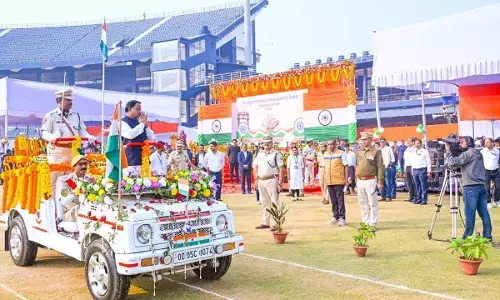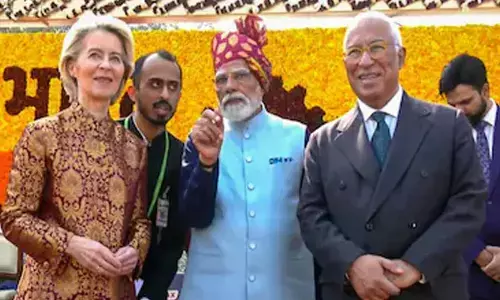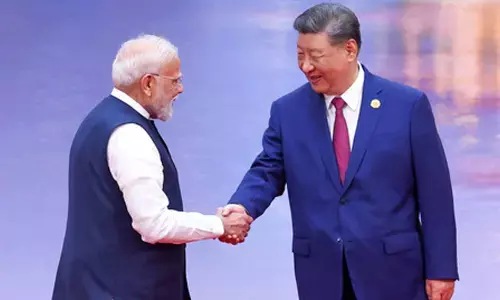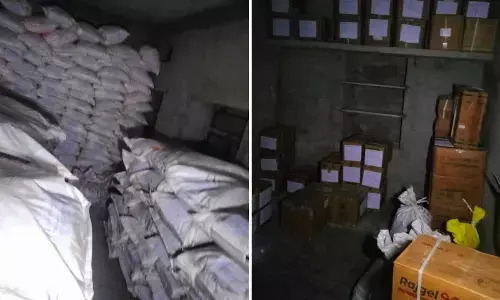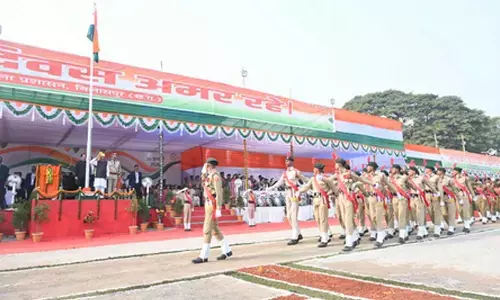FairPoint: Balancing Jammu and Kashmir, Omar Abdullah’s crown has thorns
Share :
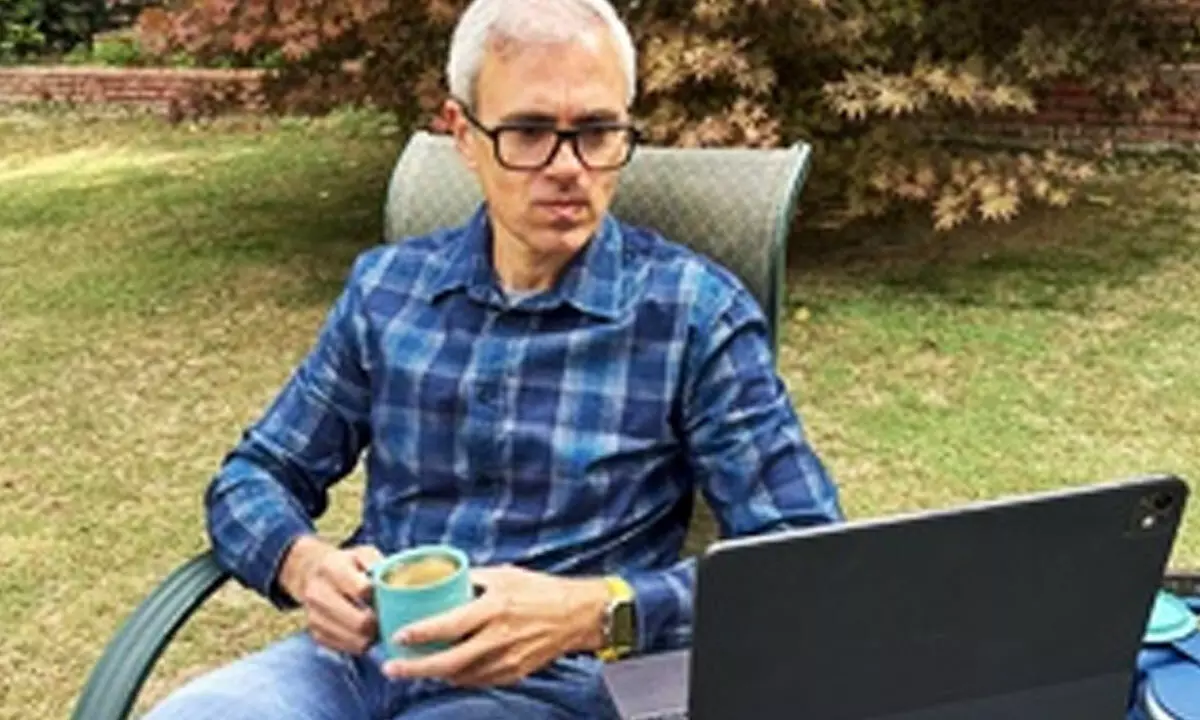
With the formation of the newly elected government -- the first since the abrogation of Article 370 -- the second crucial test begins in Jammu and Kashmir.
New Delhi: With the formation of the newly elected government -- the first since the abrogation of Article 370 -- the second crucial test begins in Jammu and Kashmir.
The first test was passed with flying colours with over 60 per cent turnout in the Assembly elections.
The Union Territory is unlike any other state/UT. It is a place which has still not fully neutralised Pakistan-supported terrorism and continues to be in the sensitive bracket. Undoubtedly, significant progress has been made in containing terrorism, separatism, stone-pelting, and hartals after the abrogation of Article 370. The challenge now is to sustain these gains and not let them erode.
NC Vice President Omar Abdullah has no easy path. This will be his second term as the Chief Minister of Jammu & Kashmir. His first term was from 2009 to 2014 when he served as the CM of the erstwhile state. The separatist lobbies were very active then. The Hurriyat Conference was dictating hartals now and then and stone-pelting incidents were routine. Syed Ali Shah Geelani, the hawk who dominated separatist politics for decades in the valley, would give a call for hartals and force everything shut.
For instance, in 2009, Geelani managed to enforce a nearly 45-day shutdown by exploiting the deaths of two women who drowned. The case was initially presented as a rape and murder by security forces, but it was later found to be false, with two doctors involved in preparing fake reports. The rot was so deep, and Omar Abdullah could do nothing but endure the situation as the Hurriyat writ ran large. Even in 2010, Geelani brought the valley to a grinding halt after a teargas shell killed a youth during a protest.
Then in February 2013, Afzal Guru, the Parliament attack convict, was hanged and Omar Abdullah’s government imposed a curfew for 10 days. He managed to keep the situation in control and not let things go out of hand. However, Abdullah tripped when he added 'Saheb' to the convict’s name and termed the hanging "political."
During his first term as CM of J&K, Omar Abdullah faced intense Hurriyat activism, and towards the end of 2014, his government’s failure to tackle the 2014 floods changed everything for him. In the 2014 Assembly elections, his government was voted out of power. He lost the Sonawar Assembly seat and managed to win from Beerwah by a margin of over 1,000 votes.
Now again voted to power after 10 years in the 2024 Assembly elections, Omar Abdullah is again the CM, but this time there is no Hurriyat Conference, separatists to curb, Geelani is dead, Yasin Malik is in jail and other anti-India forces operating in the valley have been checked. There are no stone pelters and shutdowns don’t happen.
In fact, he is taking over when peace is predominant, tourism is booming, various businesses have taken off and infrastructural development is on.
His challenges are largely to maintain the pace of development, peace, security and harmony between Hindu-dominated Jammu and Muslim Kashmir.
The election verdict is clear, but largely fractured and definitely not as simple, given the numbers -- NC-42, Congress-6, BJP-29, PDP-3, CPI(M)-1, PC-1, AAP-1 and Independents-7. In the 43 seats of the Jammu division, BJP retained its stronghold. Out of the 29 seats, 14 were won with a margin of victory greater than 20 per cent of the respective constituency’s vote share. The party also improved its vote share from 22 per cent in 2014 to over 25 per cent. On the other hand, in the 19 seats the party contested in the Valley, its candidates lost their deposits in all but one seat. But even in Kashmir, the party’s vote share saw a rise.
Kashmir voted in favour of the National Conference-Congress. Of the 47 seats in Kashmir, the combine won 41. The NC did exceedingly well in the valley though the NC’s overall vote share at 23.43 per cent was behind the BJP’s 25.64 per cent.
The way Kashmir and Jammu voted again, polarization is too glaring to be brushed aside. The two regions have strongly asserted their religious identities, with Hindu-majority Jammu electing BJP and Muslim-majority Kashmir voting overwhelmingly for Abdullah’s NC. These stark preferences pose a big challenge to Junior Abdullah as he will have to balance the two and not appear as Kashmir-inclined only. And the Centre, through the Lieutenant Governor, will closely monitor him.
Omar Abdullah has already announced that his first Cabinet decision will be on statehood and wants the Prime Minister to keep his word on this. While he has reaffirmed his stand on statehood, about Article 370, he has said that it will not be possible to get it back so long as the PM Modi-led government is at the Centre.
Will Omar Abdullah maintain the conciliatory approach in dealing with the Centre? Only time will tell. However, his government has the potential to make or break Kashmir’s peace and security, while also meeting Jammu’s aspirations for a better deal.








